a harbour tale
A Smile of Fortune is one of Joseph Conrad’s lesser-known long stories. He was essentially a nineteenth century writer who anticipated and then lived into the modernist age of the early twentieth century, helping to shape its spirit of uncertainty, anxiety, and moral ambiguity. Even his own life and works share the contradictions of the era. He is best known as an author of mannish sea tales, yet he only achieved success with a novel set largely on dry land which had a woman as its central character (Flora Barral in Chance).
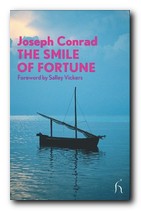 He is now regarded as a great figure in the tradition of the English novel, yet he was Polish, and English was his third language. He’s also regarded as something of a conservative, yet his political views were scathingly radical (see The Secret Agent).
He is now regarded as a great figure in the tradition of the English novel, yet he was Polish, and English was his third language. He’s also regarded as something of a conservative, yet his political views were scathingly radical (see The Secret Agent).
A Smile of Fortune comes from his mature period (1911) and features the familiar Conradian device of a young sea captain who is confronted by a puzzling ethical dilemma. The first person narrator is a confirmed bachelor given to a philosophic approach to life, but whom Conrad cleverly makes vulnerable to the duplicities of the more experienced people around him.
He arrives at an island in the Indian Ocean to take on a cargo of sugar, but is also given an open invitation by his ship’s owners to do trade with a local merchant.
The trader turns out to have a brother, and the two of them have diametrically opposed characters: one is socially well respected, but is a brute; the other is a social outcast who wishes to ingratiate himself with the unnamed narrator.
For reasons he himself cannot fully understand, the captain opts for the outcast and allows himself to be drawn into his domestic life whilst waiting for his ship to be made ready. The principal attraction for this delay is a mysterious young woman, who might be the trader’s daughter, with whom the young captain becomes romantically obsessed.
The trader meanwhile is encouraging the captain’s attentions, whilst trying to lure him into a speculative commercial venture. It’s as if the young man is being lured and tempted on two fronts – the erotic and the pecuniary.
In typically modernist fashion, this conflict reaches an unexpected and ambiguous resolution which despite the captain’s commercial profit leads to his resigning his commission and heading back home.
Formally, it’s a long short story, rather than a novella such as The Secret Sharer and The Shadow Line with which it is frequently collected. And in terms of achievement, it seems to me to fall between the level of those excellent longer tales and the often embarrassingly bad short stories which Conrad turned out at the height of his commercial success.
It’s a story full of symbols and half-concealed inferences which is crying out for (at least) Freudian analysis, and can certainly be added to the list of lesser-known tales which deserve interpretive attention from anyone who admires Conrad’s achievement.
© Roy Johnson 2008
Joseph Conrad, A Smile of Fortune, London: Hesperus Press, 2007, pp.79, ISBN 184391428X
More on Joseph Conrad
Twentieth century literature
Joseph Conrad complete tales
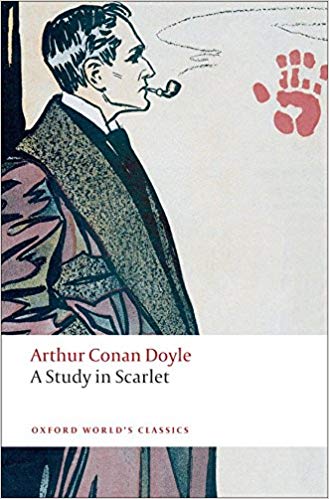

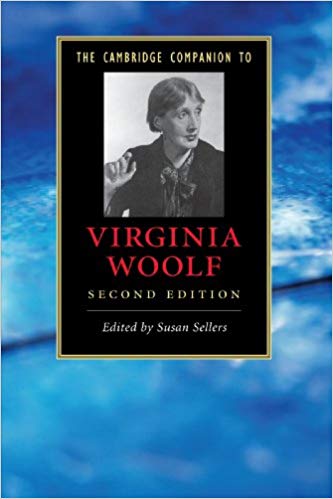
 To the Lighthouse
To the Lighthouse Kew Gardens
Kew Gardens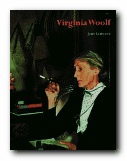 Virginia Woolf
Virginia Woolf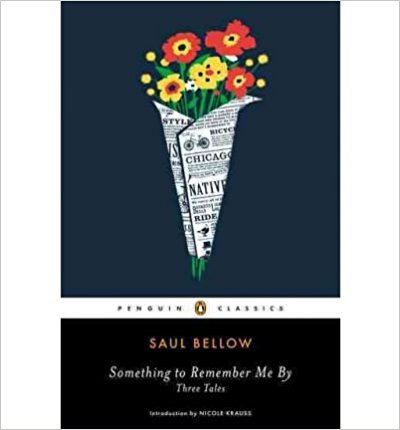
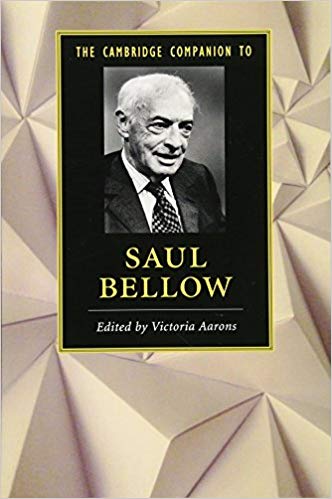


 Washington Square
Washington Square The Aspern Papers
The Aspern Papers The Spoils of Poynton
The Spoils of Poynton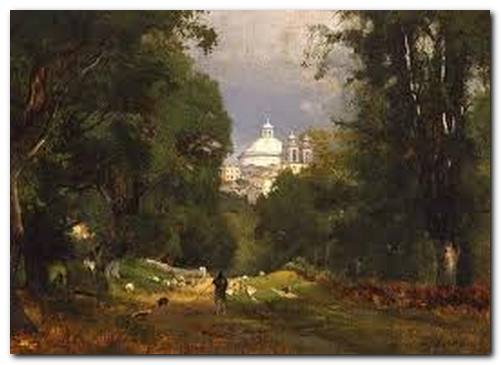
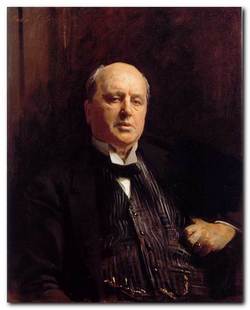
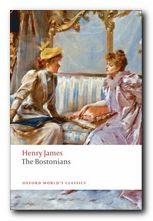 The Bostonians (1886) is a novel about the early feminist movement. The heroine Verena Tarrant is an ‘inspirational speaker’ who is taken under the wing of Olive Chancellor, a man-hating suffragette and radical feminist. Trying to pull her in the opposite direction is Basil Ransom, a vigorous young man from the South to whom Verena becomes more and more attracted. The dramatic contest to possess her is played out with some witty and often rather sardonic touches, and as usual James keeps the reader guessing about the outcome until the very last page.
The Bostonians (1886) is a novel about the early feminist movement. The heroine Verena Tarrant is an ‘inspirational speaker’ who is taken under the wing of Olive Chancellor, a man-hating suffragette and radical feminist. Trying to pull her in the opposite direction is Basil Ransom, a vigorous young man from the South to whom Verena becomes more and more attracted. The dramatic contest to possess her is played out with some witty and often rather sardonic touches, and as usual James keeps the reader guessing about the outcome until the very last page.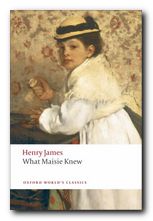 What Masie Knew (1897) A young girl is caught between parents who are in the middle of personal conflict, adultery, and divorce. Can she survive without becoming corrupted? It’s touch and go – and not made easier for the reader by the attentions of an older man who decides to ‘look after’ her. This comes from the beginning of James’s ‘Late Phase’, so be prepared for longer and longer sentences. In fact it’s said that whilst composing this novel, James switched from writing longhand to using dictation – and it shows if you look carefully enough – part way through the book.
What Masie Knew (1897) A young girl is caught between parents who are in the middle of personal conflict, adultery, and divorce. Can she survive without becoming corrupted? It’s touch and go – and not made easier for the reader by the attentions of an older man who decides to ‘look after’ her. This comes from the beginning of James’s ‘Late Phase’, so be prepared for longer and longer sentences. In fact it’s said that whilst composing this novel, James switched from writing longhand to using dictation – and it shows if you look carefully enough – part way through the book.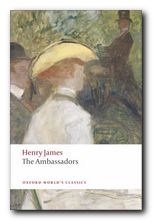 The Ambassadors (1903) Lambert Strether is sent from America to Paris to recall Chadwick Newsome, a young man who is reported to be compromising himself by an entanglement with a wicked woman. However, Strether’s mission fails when he is seduced by the social pleasures of the European capital, and he takes Newsome’s side. So a second ambassador is dispatched in the form of the more determined Sarah Pocock. She delivers an ultimatum which is resisted by the two young men, but then an accident reveals unpleasant truths to Strether, who is faced by a test of loyalty between old Europe and the new USA. This edition presents the latest scholarship on James and includes an introduction, notes, selected criticism, a text summary and a chronology of James’s life and times.
The Ambassadors (1903) Lambert Strether is sent from America to Paris to recall Chadwick Newsome, a young man who is reported to be compromising himself by an entanglement with a wicked woman. However, Strether’s mission fails when he is seduced by the social pleasures of the European capital, and he takes Newsome’s side. So a second ambassador is dispatched in the form of the more determined Sarah Pocock. She delivers an ultimatum which is resisted by the two young men, but then an accident reveals unpleasant truths to Strether, who is faced by a test of loyalty between old Europe and the new USA. This edition presents the latest scholarship on James and includes an introduction, notes, selected criticism, a text summary and a chronology of James’s life and times.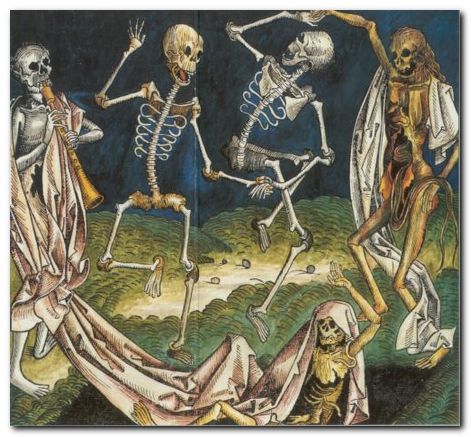
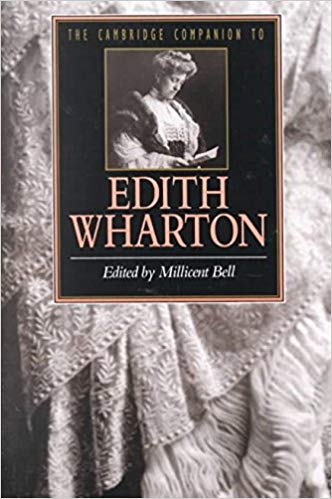

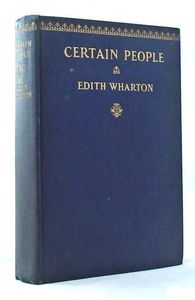
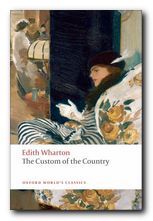 The Custom of the Country
The Custom of the Country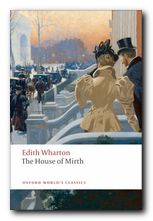 The House of Mirth
The House of Mirth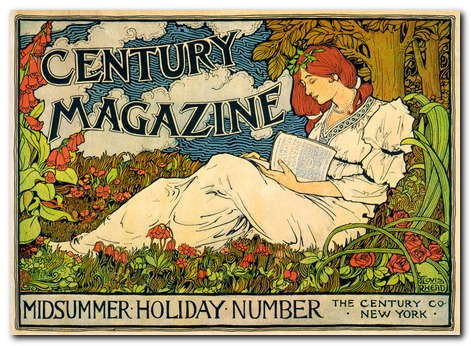
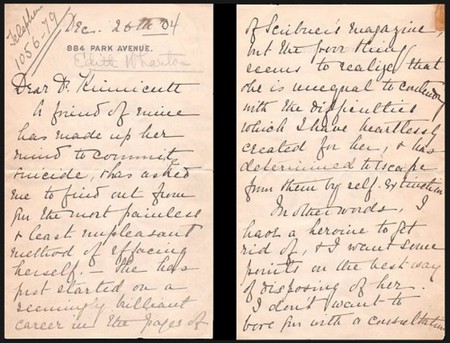
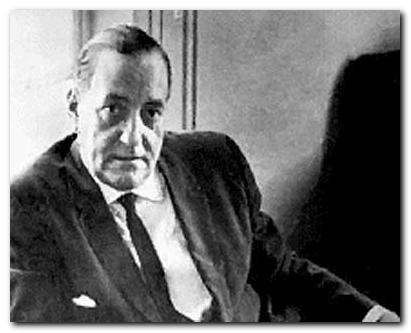
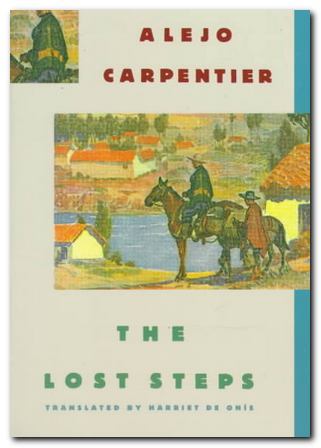
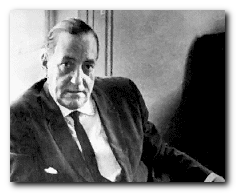 Alejo Carpentier was a Cuban writer who straddled the connection between European literature and the native culture of Latin-America. He was for a long time the Cuban cultural ambassador in Paris. Carpentier was trying to place Latin-American culture into a historical context. This was done via a conscious depiction of the colonial past – as in The Kingdom of This World, and Explosion in a Cathedral (title in Spanish El Siglo de las Luces – or The Age of Enlightenment).
Alejo Carpentier was a Cuban writer who straddled the connection between European literature and the native culture of Latin-America. He was for a long time the Cuban cultural ambassador in Paris. Carpentier was trying to place Latin-American culture into a historical context. This was done via a conscious depiction of the colonial past – as in The Kingdom of This World, and Explosion in a Cathedral (title in Spanish El Siglo de las Luces – or The Age of Enlightenment).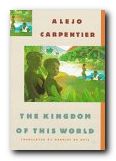 The Kingdom of This World
The Kingdom of This World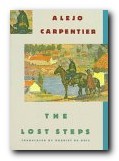 The Lost Steps
The Lost Steps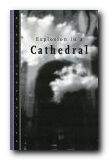 Explosion in a Cathedral
Explosion in a Cathedral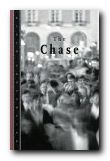 The Chase
The Chase